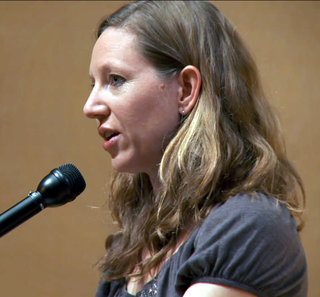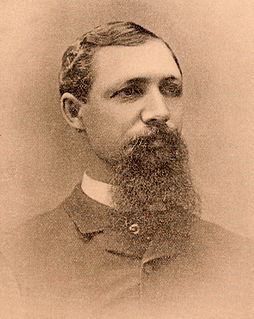A Quote by Steve Earle
Sympathetic characters usually have a voice. They usually don't have any trouble being heard.
Quote Topics
Related Quotes
What is absolutely true is that any good [Television] series has a specific voice. And I think that voice is almost exclusively the domain of the executive producer. . . . As a staff writer you're not being called upon to be the great creative person. You're sort of called upon to understand the characters and their voices and put them through certain paces.
I know that a lot of feminist fears about the trans movement have been, "Wait, we never got to the part where we focus on women! We tried for a minute, but we don't want to lose the category all of a sudden. We haven't heard yet from the females with children called mothers, we haven't heard yet from all these groups!" On the one hand I'm very sympathetic to that, but the category of Women or Mothers, any of these categories, are on shifting sands and always have been.
While Jesus was at Jerusalem there came a voice from heaven. For what purpose was the voice sent? For the sake of those who stood by. "Jesus answered and said, This voice came not because of me, but for your sakes" (John xii, 30). Of what benefit was the voice when those who heard it were unable to distinguish it from thunder? "The people therefore, that stood by and heard it, said that it thundered" (29).




































